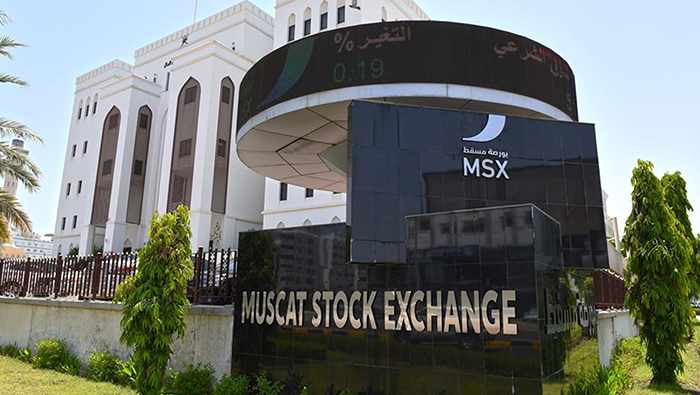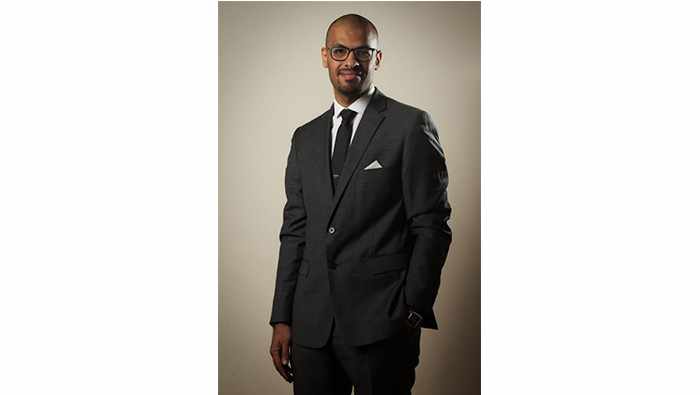Buy Now Pay Later business model faces test as rates rise
- Date: 12-Jun-2022
- Source: Zawya
- Sector:Financial Markets
- Country:Jordan
Buy Now Pay Later business model faces test as rates rise
The BNPL business model emerged out of a very low interest rate environment which enabled BNPL firms to raise funds at relatively low cost and offer point-of-sale loans to customers on online shopping websites.
Consumers pay for their purchases in instalments over a period of weeks or months, usually interest-free, and BNPL firms charge online retailers a fee for each transaction.
The model proved popular among young consumers during the COVID-19 pandemic as e-commerce volumes soared, with Buy Now Pay Later transactions accounting for $2 in every $100 spent in e-commerce last year, according to GlobalData.
But the sector faces a reckoning as the circumstances which fuelled its explosive growth are coming to an end, with consumers cutting spending and rising interest rates pushing up BNPL firms' funding costs, squeezing their margins.
There are more than 100 BNPL firms globally, according to S&P Global Market Intelligence's 451 Research.
Apple's announcement this week that it would launch its own deferred payments service will further intensify competition and briefly knocked the stock price of listed players such as Affirm Holdings, the biggest BNPL firm in the United States, and Australia's Zip Co and Sezzle Inc.
Their share prices were already under pressure, with Affirm down around 75% this





















